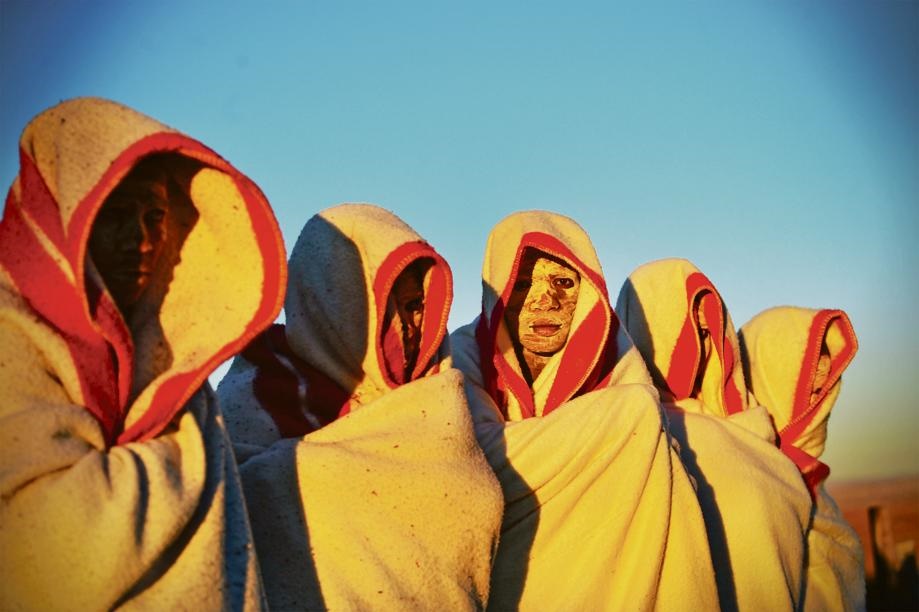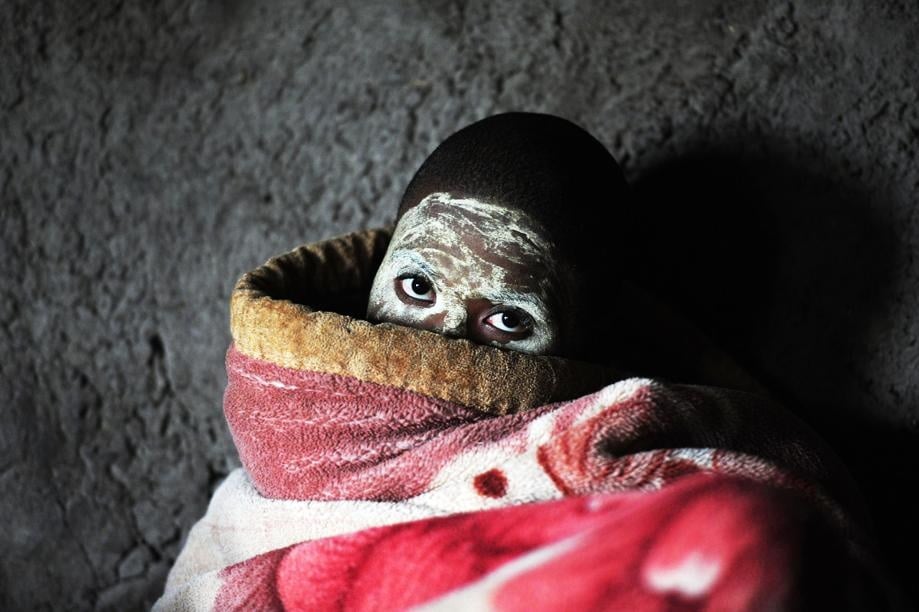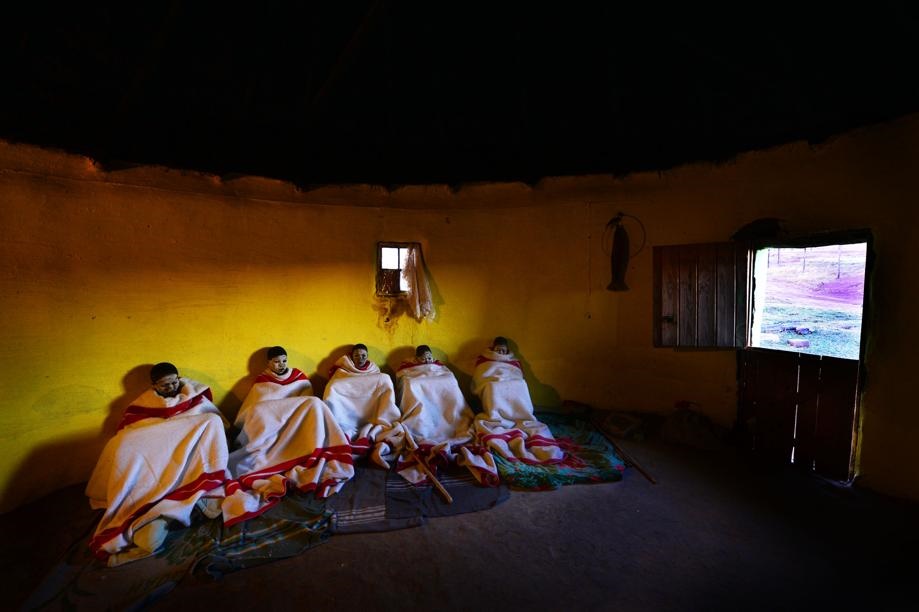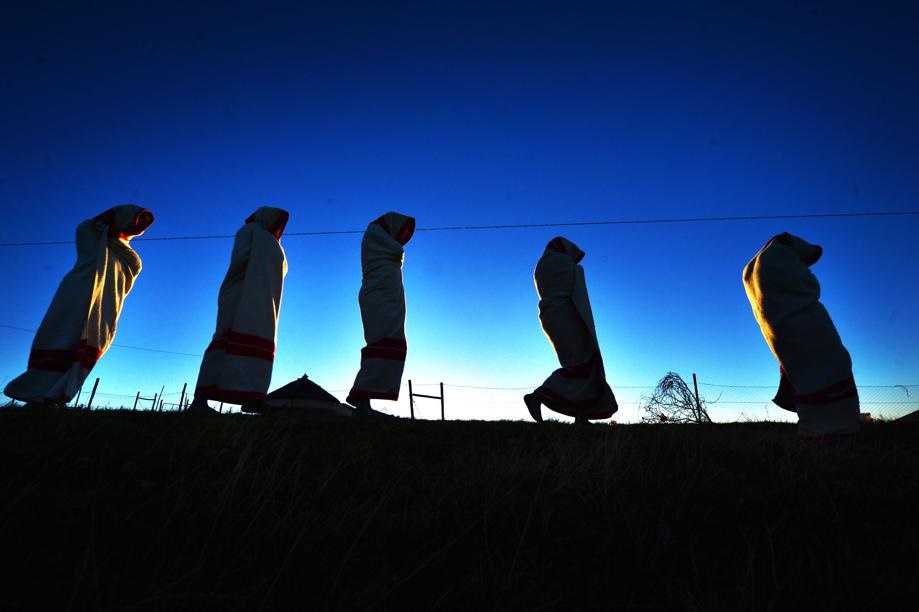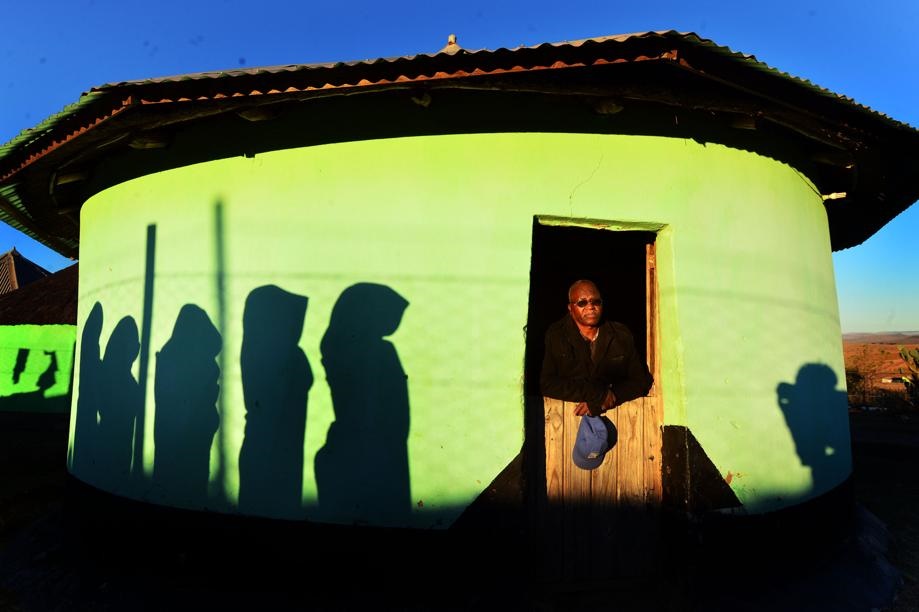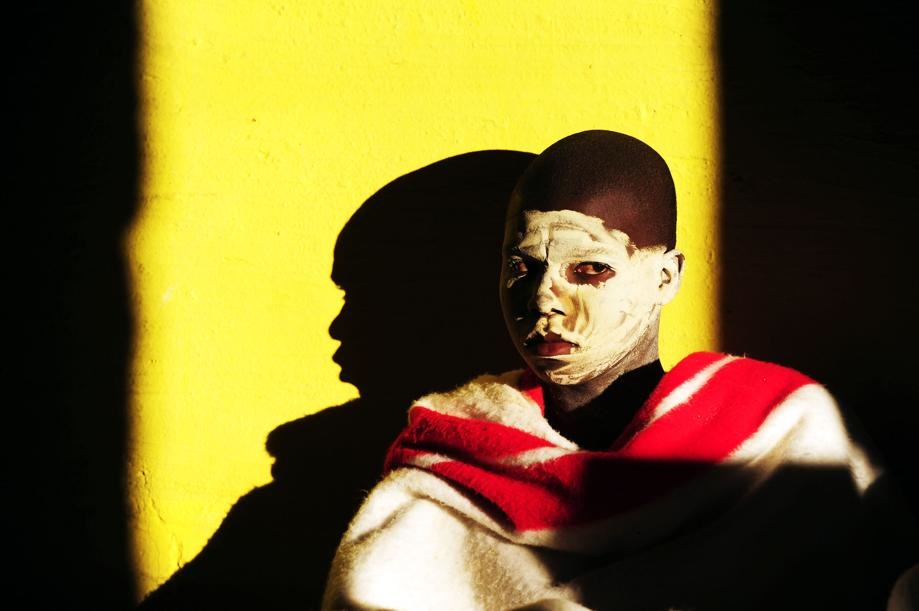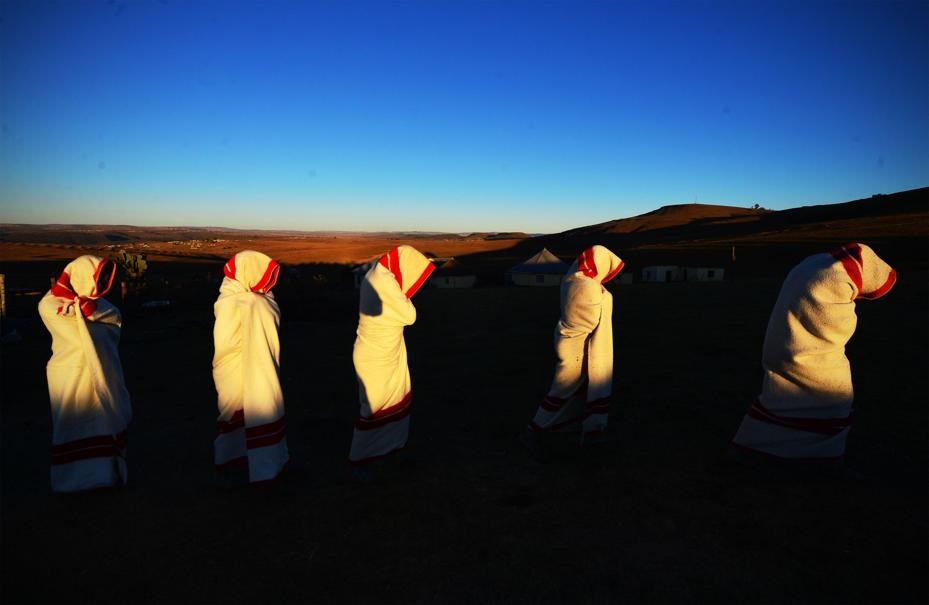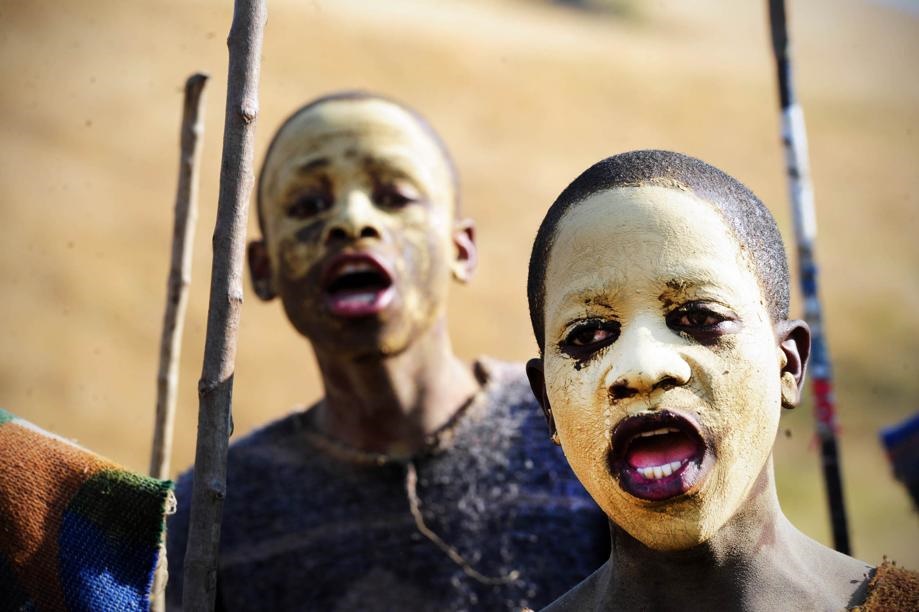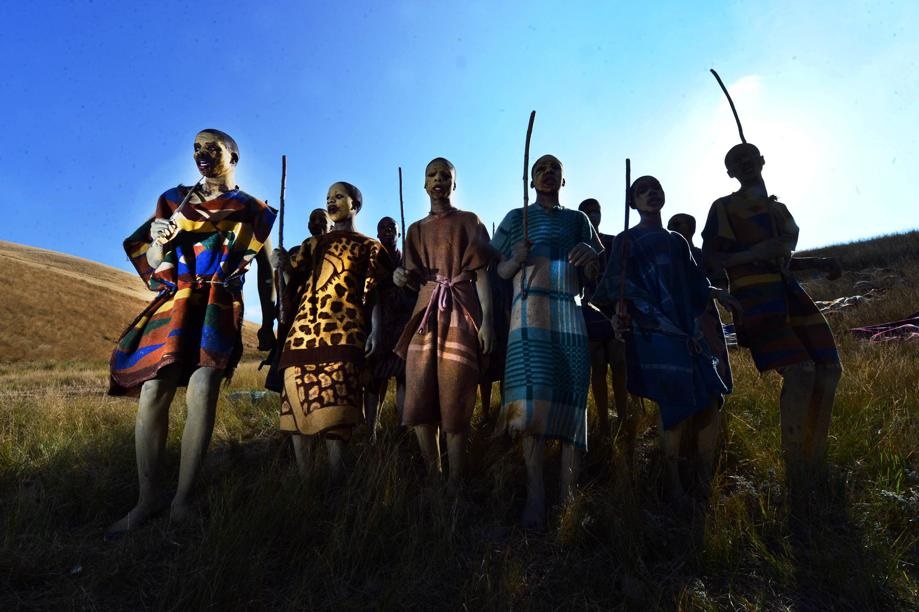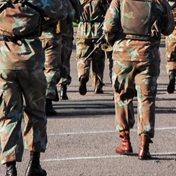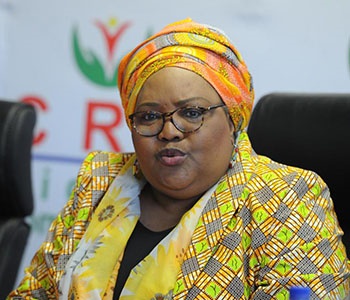
The government will not abolish initiation but things need to change – especially in Gauteng.
This was revealed by commission for promotion and protection of the rights of cultural, religious and linguistic communities (CRL) chairperson Thoko Mkhwanazi-Xaluva at a media briefing at the CRL’s offices in Braamfontein this morning.
Mkhwanazi-Xaluva presented the findings and recommendations of their investigation into the death of initiates in the country following public hearings with stakeholders this year.
She said the government could only help to assist communities to effectively practice their culture.
“It’s not for government to say it’s time-out now. You cannot push people. It’s them who will abandon it when they are ready, they will walk away from it. It’s not a role of government or non-governmental organisations to do that. You can only help people to work better and effectively.”
This came amid reported deaths and injuries suffered by initiates during the initiation season.
Mkhwanazi-Xaluva said the commission had identified that most affected families were households headed by single mothers because of a lack of parental guidance because fathers were either deceased or nowhere to found to help their sons undergo the rite.
Lack of community involvement to guide boys and initiates especially in cities was another challenge, she said.
A lapse in monitoring and guidance led to criminal and commercial elements creeping in with unemployed young people seeing initiation as a way of making money.
She said many cultures were starting to move towards initiation.
However, she said in many cases there were successes, but these were not reported on.
The scourge of criminal elements and commercialisation was damaging the rite, she said, adding that initiates lacked discipline on how to behave like men but instead returned dangerous.
“Mothers become scared of their children. They say ‘I sent a normal child but came back an animal’. They are beaten up by their children.”
Others are worried about what will happen to their children when they return home because others have become rude and scary little persons.
“These children come back misfits,” she said, adding that perile amputations were also palying a role as some of the initiates were traumitised and did not know how to deal with their pain.
Systematic collapse in Gauteng
Due to a scourge of criminal activities, the commission has banned Gauteng for allowing initiation this year until December 2018, when a policy has been put in place to guide provincial authorities and traditional leaders.
Mkhwanazi-Xaluva said there was a systematic collapse in Gauteng.
She said young boys were kidnapped, abducted and forced to be initiates.
There were also touters and gangs at public schools forcing boys to go to initiation schools.
In some public schools men, who had been initiates, were refusing to allow boys to use the toilets without paying a fee.
In one case, a traditional surgeon admitted during public hearings that he was aware that initiates had formed a gang in his school, but did nothing.
Well-known gangs were feared by police and their members, who were initiates, are terrorising their families and communities, Mkhwanazi-Xaluva said.
Criminal and commercial aspects engulfing initiation were uncovered in other provinces as well, but were not as rife as in Gauteng.
Mkhwanazi-Xaluva described what was happening in Gauteng as “madness”.
Deceased initiates were buried in shallow graves in Gauteng, she said, adding that in some instances boys went to these schools without reporting to their immediate families.
“In Gauteng, things have gone way overboard. We are afraid if we allow it there will be total collapse,” she said.
Older men, who had not gone through the rite, and single mothers were also victimised by their children, who graduated from these initiation schools.
Violence, abuse, drugs and dangerous weapons were also found in initiation schools across the country.
Mkhwanazi-Xaluva said the commission was working close with the National Prosecuting Authority to prosecute those involved.
The commission said the initiates were not psychologically prepared to understand what manhood entailed and the lack of a clear curriculum to be taught in initiation schools was problematic.
The commission recommended that:
• Clear national legislation be drafted to be a blueprint for provinces, amendment of the Children’s Act to allow provinces to set their preferred age for initiates;
• The social development department provide food parcels for initiates from indigent households;
• The health department provide penis transplants for initiates who lost their manhood;
• Traditional councils and municipalities be actively involved in initiation in cities because there were glaring problems related to demarcation where initiation schools moved from strict municipalities to weaker ones; and
• Traditional surgeons, nurses and principals be registered and accredited and a body be set up to regularly evaluate their competences.
Mkhwanazi-Xaluva said the commission had also met with producers of controversial movie Inxeba (The Wound) following a complaint lodged by king of AmaXhosa King Zwelonke Sigcawu.
Despite that the movie is expected to be screened in the country in February, Mkhwanazi-Xaluva said they had asked its producers to view it with Sigcawu.
Sigcawu’s complaint delved on producers making the sacredness of the ritual public and was not homophobic.
Upon viewing it, she said the commission also had concerns about the movie with regard to scenes where Jesus Christ and Zulu king Shaka Zulu were said to be gay.
The commission was scheduled to discuss the matter with Zulu king Goodwill Zwelithini and the Films and Publications Board.
She said references to Jesus and Shaka as gays amounted to “blasphemy”.
Another concern was that the movie used vulgar language when referring to the private parts of the mothers of initiates.
Mkhwanazi-Xaluva said filmmakers had a right to their freedoms as enshrined in the Constitution but those rights did not supersede the cultural rights of others.




 Publications
Publications
 Partners
Partners




